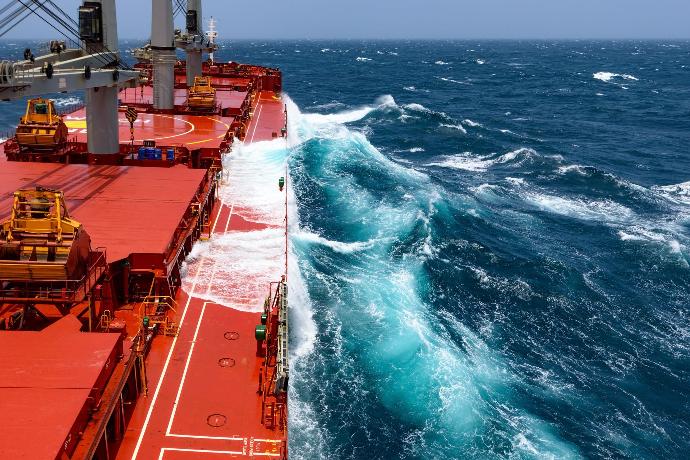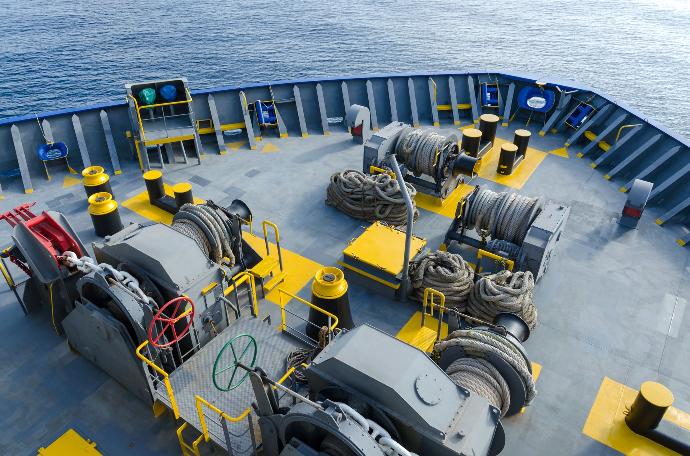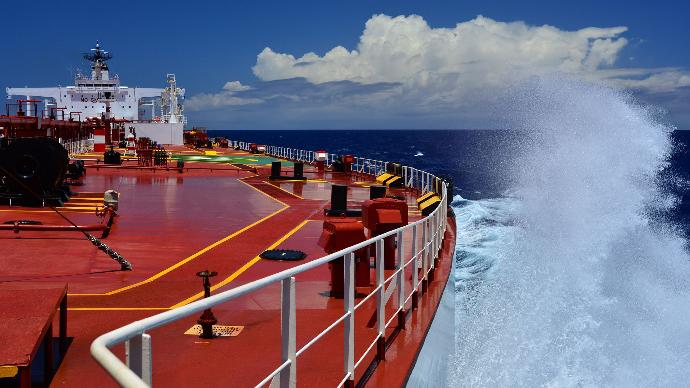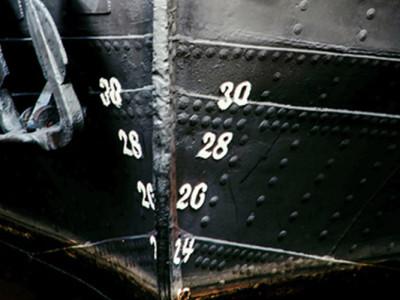Maritime Audits

Why?
When these techniques are professionally executed, navigational risks are reduced. Navigational audits are becoming more and more common in other trades, such as bulk carriers, and are a requirement of TMSA. This course focuses on the challenges of safe navigation today.

How?
A Navigational Audit is a systematic control of how a ship operator's navigational procedures are followed. The audit begins with a discussion between the ship operator and the independent auditor regarding the desired outcome of the program.

Sailing Navigational Audit
Our classic and most utilized audit involves experienced auditors boarding the vessel and sailing for approximately 2-3 days with the ship. The personal exchange with the crew allows for a deep insight into the overall vessel and crew performance. The audit aims to:
- Verify compliance with legal and company requirements
- Identify poor and best practices
- Identify inadequate procedures
- Improve navigational standards
- Detect gaps in knowledge and lack of awareness
- Motivate your crew and enhance their awareness
- Provide on-the-spot training

Port Audit
A typical harbor audit will be conducted during one working day, while the vessel is in port, preferably during the day. The minimum time required is 6 hours, but many audits take up to 10 hours. The auditor will review relevant documentation, such as logbooks, passage plans, and maintenance records, and conduct interviews with officers as part of the audit.
If the duration of the port stay allows, we may combine the navigational audit with a Mooring Audit or a Cargo Audit.

Remote Navigational Audit (RNA)
One of the most demanding challenges in worldwide shipping is actually meeting the vessel on time and finding the correct voyage to conduct an audit. Sometimes, travel costs exceed the actual audit costs.
Although we strongly believe that the personal exchange between auditor and auditee is the main benefit of a successful audit, there are circumstances when a remotely conducted audit is needed to comply with internal targets or charterer requirements.
At Matau-Marine, we offer two options to conduct such a review: a VDR-based review and a remote passage plan-based navigational audit. Both can be supplemented by telephone interviews.
Contact us for more details of our tailored solution for you!

Mooring Audit
-
Verify compliance with legal and company requirements
-
Identify poor practice + best practice
-
Identify inadequate procedures
-
Impove navigational standarts
-
Detect gaps in knowlede and lack of awareness
-
Motivate your crew
-
Provide on-spot training
A Mooring Audit can be done during a port stay but is preferably combined with a Navigational Audit (sailing), enabling the auditor to assess at least one mooring manoeuvre.
Clients get an overview of the mooring equipment, its status and crews knowledge of its proper operation and maintenance

Tanker Cargo Audit
Cargo audits on board gas, chemical and oil tankers are conducted during one stay. They are conducted mostly in combination with a navigational audit and/or mooring audit.
The best result is achieved, when combining same with a short sea trade and a navigational audit. In this case the preparation and crew performance can be assess in the best possible way.

USCG Compliance Audit
Preparation of vessel for COC Inspection by the USCG (initial) and review of on-board documents and logbooks to verify compliance.
-
Review of deck log books, passage plan and associated documents
-
Review of sea charts / ECDIS screenshots
-
Review of oil record books (deck & engine incl. SECA)
-
Review of engine log books and associated documents
-
Review of steering gear test records and procedures
-
Review of mandatory emergency drills and notifications as per SMS & OPA 90
-
Review of VRP and associated checklists and certificates
-
Review of ballast water log and echange requirements
-
Telephone interview with deck & engine officers (ca. 2 hour)
-
Full report with executive summary, including recommendations and findings.
The scope of the consultancy shall be to enhace the legal compliance of the crew and documenation with the international rules and regulations - focussing the CFR and USCG requirements.

Human element
Navigation is a human activity - it falls squarely into the Human Element sector. We strongly believe we can create improvements . Many officers have just never had the opportunity to see how things should be done properly, or are aware of how they should be done.